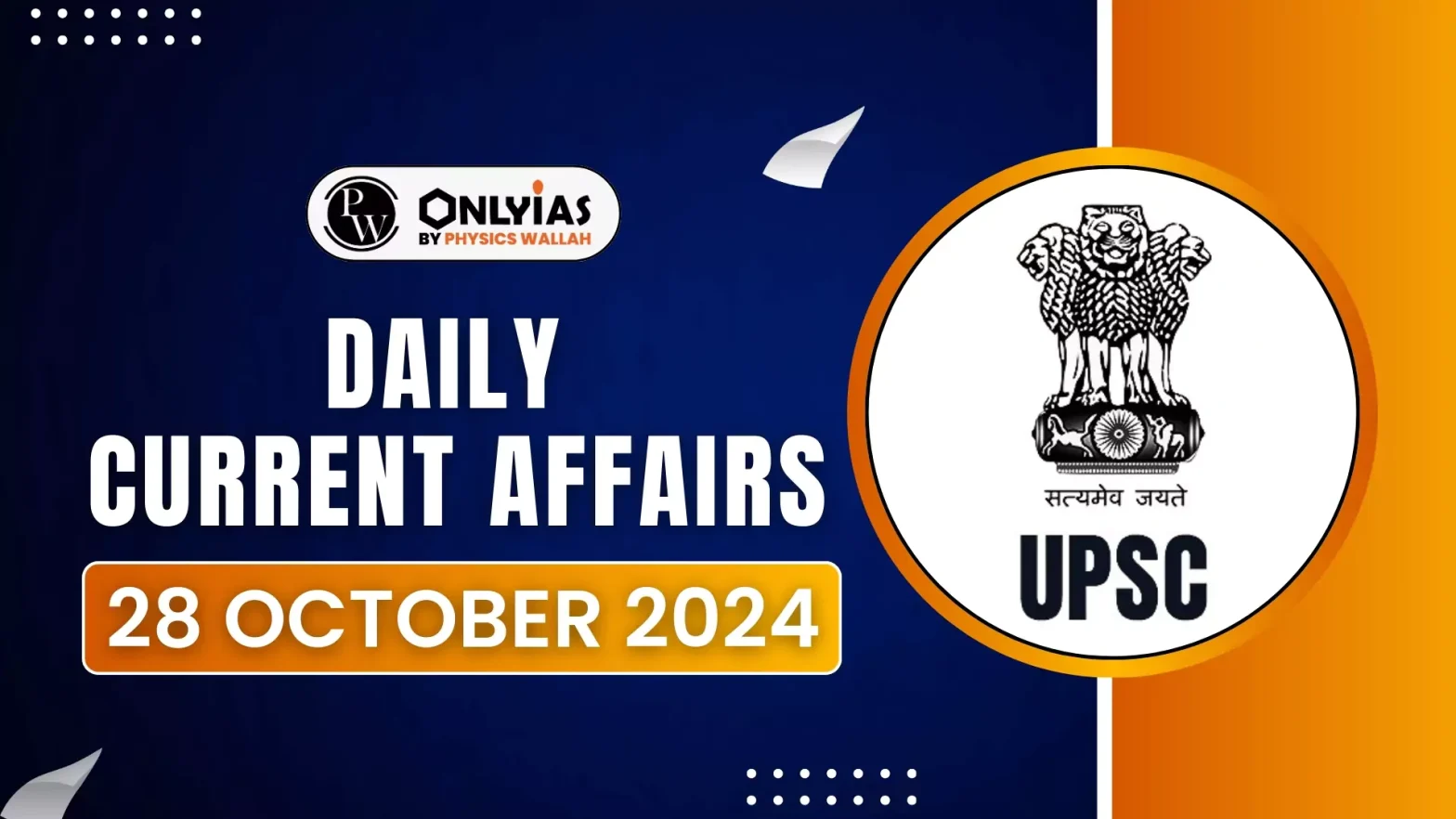India and Germany convened the 7th Inter-Governmental Consultations (IGC) in New Delhi, chaired by Prime Minister Narendra Modi and German Chancellor Olaf Scholz, addressing pressing global issues.
Key Highlights on Global Issues
- Russia-Ukraine Conflict: PM Modi reiterated India’s commitment to peaceful conflict resolution.
- Scholz commended India’s stabilizing role in South Asia and encouraged India to support a political solution to the Ukraine crisis.
Enroll now for UPSC Online Course
Intergovernmental Consultations (IGC)
- Launched in 2011 at the Head of Government level, the IGC enables a comprehensive review and identification of new cooperation areas.
- India is among a select few countries with whom Germany has such a structured dialogue.
|
- West Asia: Both leaders stressed preventing further escalation, advocating for a ceasefire and a two-state solution to address the Israeli-Palestinian conflict.
- India-Germany Track 1.5 dialogue: It includes the exchange of think-tanks and diplomats which was envisioned to become a pillar of the bilateral relations between both countries in 2019.
- Indo-Pacific Security : Both leaders highlighted the importance of a rules-based order and maritime freedom in the Indo-Pacific, committing to joint efforts in regional security.
- They announced a joint Memorandum of Arrangement for mutual logistics support, enhancing security collaboration in the Indo-Pacific.
- Germany will deploy a permanent Liaison Officer at the Information Fusion Centre – Indian Ocean Region (IFC-IOR) in Gurugram, to strengthen monitoring of marine traffic.
- Condemnation of Terrorism and Violent Extremism: Both Leaders showed a strong stance against terrorism and violent extremism in all forms and called for unified action against all terrorist organizations, including those sanctioned by the United Nations Security Council (UNSC).
- Reform of Global Institutions: Both leaders advocated for reform in multilateral organizations like the UN Security Council to address today’s challenges more effectively.
- Expanded Vision for Partnership: They also highlighted a shift towards a “whole of nation” approach, aiming for broader, deeper collaboration.
Key Announcements and Agreements
- Increased Visa Quota for Skilled Indian Workers: Germany will expand annual visas for skilled Indians from 20,000 to 90,000, recognizing India’s talent as an asset to German economic growth.
- Germany’s “Focus on India” Strategy:Germany’s strategic approach prioritizes India’s skilled workforce and strengthens partnerships, underscoring a deeper level of trust.
- Reducing Dependency on China: emphasised the importance of avoiding “one-sided dependencies,” especially in areas like critical raw materials, positioning India as a key partner in diversifying supply chains.
- India as a Global Manufacturing Hub: PM Modi promoted India as a trade and manufacturing hub, encouraging German businesses to “Make in India, Make for the World.
- Enhanced Defence and Security Cooperation: They signed agreements, including one on classified information exchange, reflecting mutual trust in defense matters.
- The Mutual Legal Assistance Treaty (MLAT) in criminal matters will strengthen legal collaboration to jointly tackle security challenges.
- Clean Energy and Sustainable Development:
- Green Hydrogen Roadmap: This roadmap is a significant step towards renewable energy collaboration, aligning with the climate goals of both nations.
- Joint Research and Development (R&D): A declaration of intent to cooperate in R&D on advanced materials, highlighting a shared commitment to technological innovation.
- Triangular Development Cooperation (TDC): It pools mutual strengths and experiences to offer sustainable, viable and inclusive projects in third countries as per their priorities to support the achievement of SDGs and climate targets in Africa, Asia and beyond.
Check Out UPSC CSE Books From PW Store
About India-Germany Relations
- India and Germany have maintained a “Strategic Partnership” since 2000, now deepening in areas like AI, cybersecurity, circular economy, smart farming, and sustainable development.
- This underscores the growing relevance of India-Germany relations in today’s global context.
Bilateral Trade Relations
- Germany is India’s top trading partner within the EU, with trade reaching USD 26 billion in 2022-23.
- Indian exports to Germany hit USD 10.1 billion, while German imports reached USD 14.9 billion.
- Although there’s no direct free trade agreement (FTA), Germany supports ongoing EU-India Comprehensive FTA negotiations to further strengthen economic ties.
![]() 28 Oct 2024
28 Oct 2024
